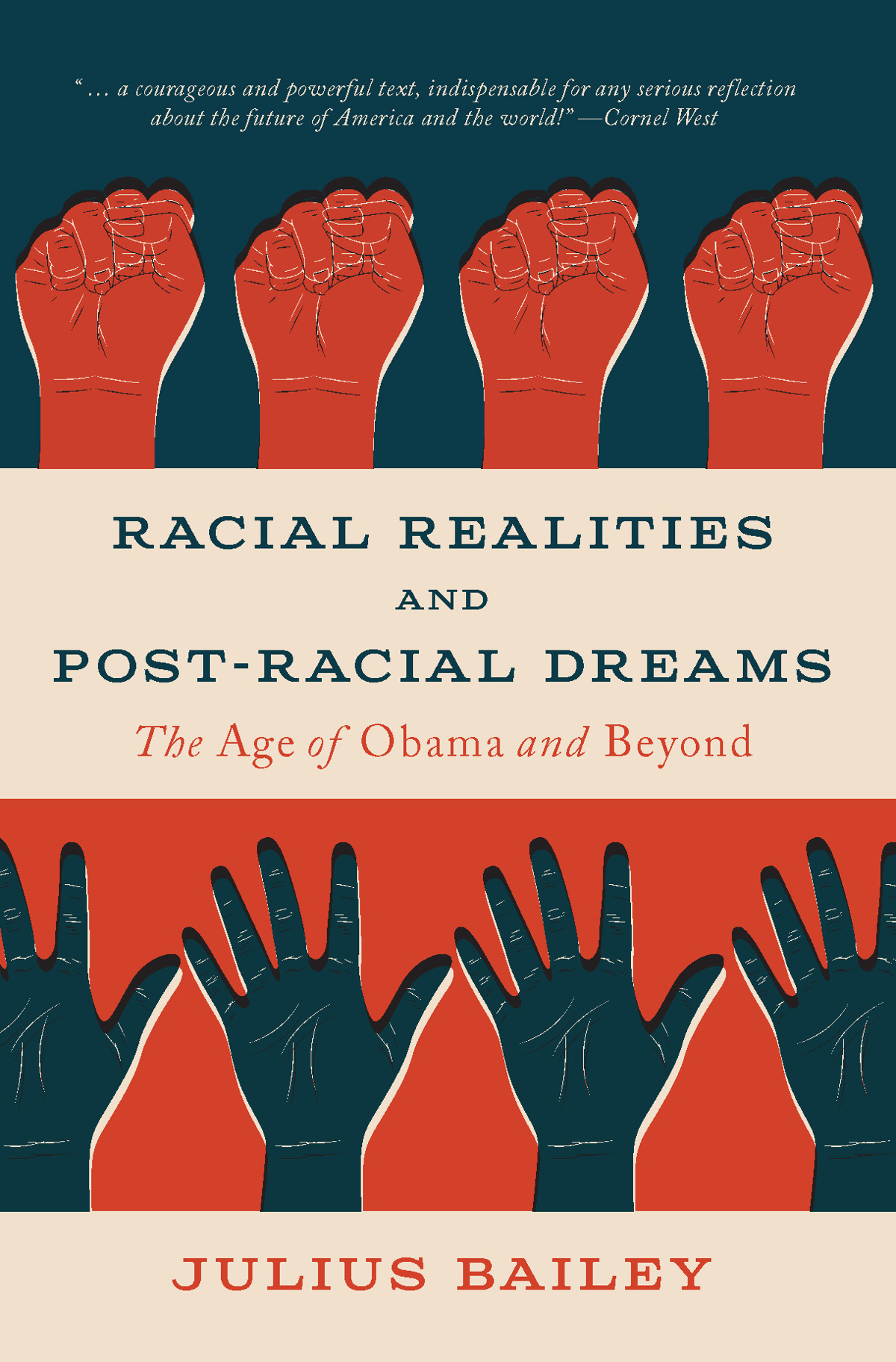Race Delusion: Lies That Divide UsPosted in Articles, Health/Medicine/Genetics, Media Archive, Philosophy, Social Science on 2016-06-01 19:15Z by Steven |
Race Delusion: Lies That Divide Us
The Huffington Post
2016-06-01
Robert J. Benz, Founder & Executive VP
Frederick Douglass Family Initiatives
David Livingstone Smith is a Professor of Philosophy at the University of New England in Biddeford, Maine. He earned his Ph.D. from the University of London, Kings College, where he worked on Freud’s philosophy of mind and psychology. His current research is focused on dehumanization, race, propaganda, and related topics. David is the author of seven books and numerous academic papers. His most recent book Less Than Human: Why We Demean, Enslave and Exterminate Others (St. Martin’s Press, 2011) was awarded the 2012 Anisfield-Wolf award for nonfiction. He is also editor of How Biology Shapes Philosophy, which will be published by Cambridge University Press later this year, and he is working on a book entitled Making Monsters: The Uncanny Power of Dehumanization, which will be published by Harvard University Press.
David speaks widely in both academic and nonacademic settings, and his work has been featured extensively in national and international media. In 2012 he spoke at the G20 summit on dehumanization and mass violence. David strongly believes that the practice of philosophy has an important role to play helping us meet the challenges confronting humanity in the 21st century and beyond, and that philosophers should work towards making the world a better place.
Robert: David, your great book, Less Than Human, has stayed with me since I first read it a few years ago. What, if any, connections should I make between race, racism and dehumanization?
David: Racism and dehumanization are very intimately connected. To explain the connection, I need to say a little bit about what race and dehumanization are.
Let’s start with race. Races are supposed to be real, objective divisions of the human family—analogous, perhaps, to breeds of dog. To be a member of a certain race is to be a certain kind of human being. Racial identity is supposed to be innate and unalterable (you don’t have any choice about what race you belong to) and transmitted from one generation to the next…
…Most people think that it’s obvious that races are real biological categories. However, most of the scholars who study race think that races are invented categories. When one group of people sets out to oppress another, they “racialize” them—that is, they think of them as fundamentally different from and, importantly, inferior to themselves. Prior to the trans-Atlantic slave trade, sub-Saharan Africans did not consider themselves members of a single, homogeneous “black” race. Instead, they identified themselves as members of any one of a number of distinct groups—as Akan, Wolof, Mbundu, etc. The idea of “blackness” was a European invention, designed to legitimize the oppression of Africans…
Read the entire interview here.





